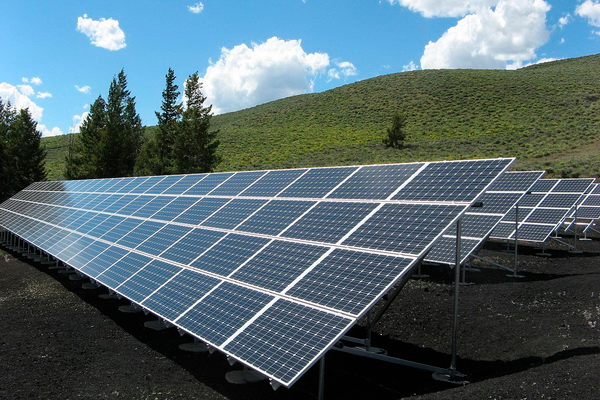HUNGARIAN Prime Minister Victor Orban was quoted dismissing the European Union’s plans to tackle climate change, “Common sense on one side and fantasy on the other one. And Utopian fantasy kills us – that’s the problem with energy prices as well.” When world leaders use extreme solutions to solve only climate change, it is bound to bottleneck situations that will fall prey to the hungry profiteering groups.
If world leaders are adamant in pursuing this dangerous path, more such instances will occur and in bigger scale where it will continue to leave the poorer nations being the hardest hit. The current spike is fuelled by preparation to keep warm during a colder winter in the northern hemisphere as well. However, the current situation is just a case of small scale energy crunch due to few issues and Covid-19 pandemic is a contributor. Let’s look at other contributors.
In late 2014, Opec decided to flood the oil market to “kill” high-cost producers so that they can have a bigger market share. After that, Opec and non-Opec players have cut productions to increase crude oil price and these steps eventually caused investments into crude oil productions affected. The current situation is actually an objective of Opec to reap profit especially for low-cost producers. Due to the volatility situation created by Opec, the producers are not able to meet a short term spike in demand like what we are facing now as the fourth quarter of 2021 is seeing demand for liquid fuel closely matching pre-pandemic situation.
Renewable energy (RE) was pitched against the conventional energy use as a solution to the linear consumption pattern. RE’s intermittence characteristic has put it on a tight spot to meet load factor, reliability and base load demand. Subsidy and economic instruments were introduced in the past two decades to create “level playing” field for RE that actually pass additional cost to goods and services. At the moment, RE is missing the “midware” that can stabilise output and increase the reliability while managing the unpredictability of nature. Thus, it is unable to cater a small spike in demand to meet the pre-pandemic level at the moment.
Unclear transition path is also a contributing factor. The whole world talks about moving into Net Zero but the actual risk to this plan is the plan itself. When the global economy is forcefully being moved into a new operating regime, we still need resources to meet the transition. 2021 taught us how rich nations “snatch” and secure vaccines for Covid-19 while the poor nations are left struggling. If we apply the same scenario in a transition mechanism for Net Zero, we will be able to see the future in a much clearer picture. This transition meets goals of few by sacrificing the majority.
A combined cycle gas turbine with above 60% generation efficiency takes about three years to construct and some successful blending with hydrogen are also available. These plants can easily operate for more than two decades and it fits the transition narrative perfectly for a natural gas producers. While 2050 is a long journey where comrade coal has been abandoned by greener bond market, swift focus into natural gas as a possible transition fuel will definitely push the natural gas prices upward. It will eventually produce similar results and negative connotations like the trend to build more coal power plants that begun in 2011 due to high natural gas prices.
Many governments failed to sort out the allocations of primary energy types matching the final energy use during a transition leading to a Net Zero situation. Due to this ambiguity, many sectors are doing redundant development due to no clear path forward. For example, which sectors should be allocated with use of hydrogen and analysis of corresponding infrastructure developments? Thus, it creates the transition “octopus” that is reaching all out but not leading to sectoral based pragmatic solution.
On top of all this, arm twisting between powerful nations will definitely make this situation even worse. Control over resources will eventually decide successful transition for individual nations and their comrades. Since we have historically repeated many mistakes till date, will the leaders learn? The answer is already clear as we are quickly moving to become history every second.
The aim of the wise is not to secure pleasure, but to avoid pain. - Aristotle
This article was contributed by Piarapakaran S, president of the Association of Water and Energy Research Malaysia (Awer), a non-government organisation involved in research and development in the fields of water, energy and environment.













